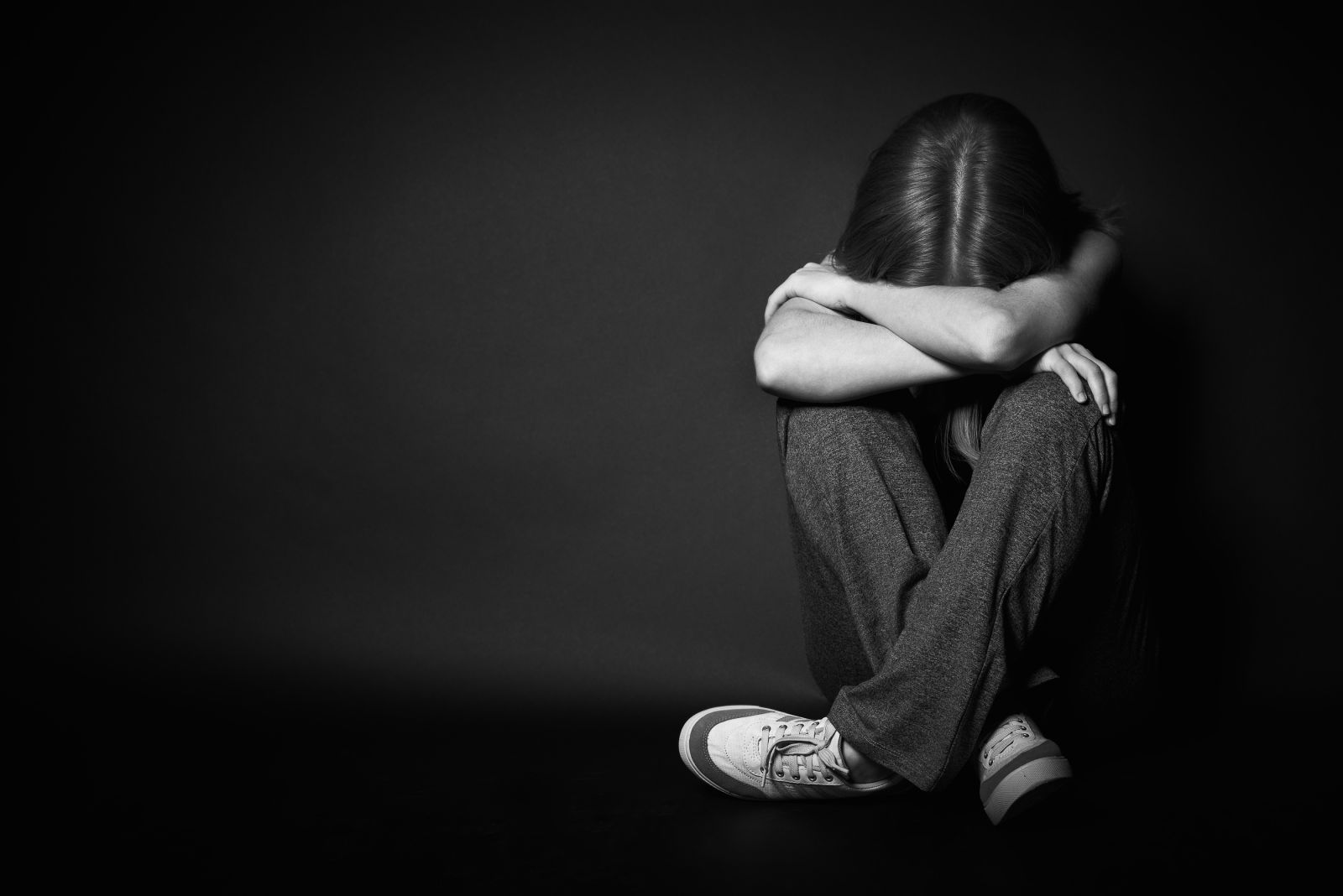Depression – mental illness characterized by mood disorders, as well as a number of other mental and somatic (bodily) manifestations.
What are the main symptoms of depression?
The main signs of depression are:
- joyless, depressed state, loss of sensation of pleasure;
- lack of interest;
- failure to make a decision, obsessive return to the same questions;
- fear (daily or uncertain), anxiety;
- feeling tired, lack of energy;
- insomnia, drowsiness;
- irritability;
- loss of appetite, weight loss, or, conversely, overeating;
- lack of sexual interest;
- feeling of pressure, heaviness or pain in the abdomen, chest and other parts of the body;
- vegetative symptoms (dry mouth, constipation, sweating, etc.);
- inability to concentrate, impaired memory;
- alcoholism and substance abuse, providing temporary relief;
- thoughts of suicide (in severe cases).
What to do if someone close to you suffers from depression?

- Should not ignore and prohibit patient complaints
depressed. - Do not allow flat and comforting remarks or trivial encouragement.
- Emphasize the momentary nature of the depressive state, giving hope for the end of the depression.
- Do not allow the patient to feel helpless and guilty person.
- Relieve a depressed patient from having to make decisions, especially very important ones.
- Behave with the patient calmly, evenly and confidently.
- Unload the patient in relation to his personal and official contacts.
- Do not change the cardinal habits of the patient.
- Do not insist on sick leave, especially if there are no signs of severe depression.
- Show your sympathy and understanding, support the patient in carrying out his own immediate and real tasks.
- To draw the patient’s attention to all that he manages to do, do not allow yourself in this triumphal intonation.
- Watch for regular adherence to the patient and the distribution of cases in the daily routine.
- Do not allow the patient to lie down in bed in the morning, go to bed early and be left alone.
- Watch that the patient looked after itself.
- Avoid fake fun.
- Do not reproach and comment.
- Do not self-medicate the patient, consult a psychiatrist for help.
- Organize your visit to the doctor and accompany the patient.
How to treat depression?
Modern treatment of depression involves the complex use of medicinal (mainly antidepressants of the latest generations, selected individually in certain dosages) and non-drug therapies: psychotherapy, light therapy, biofeedback, and others.
A necessary condition for the effectiveness of treatment is cooperation with the doctor: strict adherence to the prescribed therapy regimen, regular visits to the doctor, a detailed, frank report on his condition and life difficulties.
It should also be remembered that the earlier the correct diagnosis is made and the correct treatment is started, the more chances for a quick recovery, that depression will not happen again and will not take a severe form, accompanied by a desire to commit suicide.
How to prevent the development of depression?
- Do not make excessive demands on yourself.
- Do not scold yourself in all failures, it is better to calm down, think about what your mistake is, and then try to solve the problem in another way.
- Make a daily routine and try to follow it.
- For any achievements reward yourself (for example, buy nice clothes, etc.).
- Exercise every day (exercise) or at least 2 times a week.
- Rest periodically, alone or with your family.
- Communicate more often with family and friends.
- If you have already experienced a severe depression in your life, then in order to prevent its recurrence, it is advisable to periodically consult with your doctor-psychotherapist and / or undergo psychological training.

